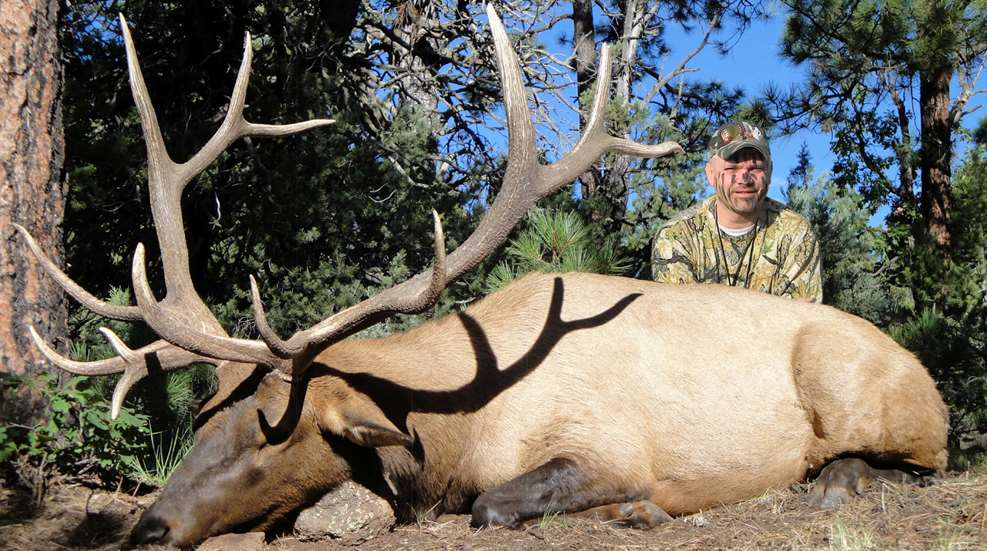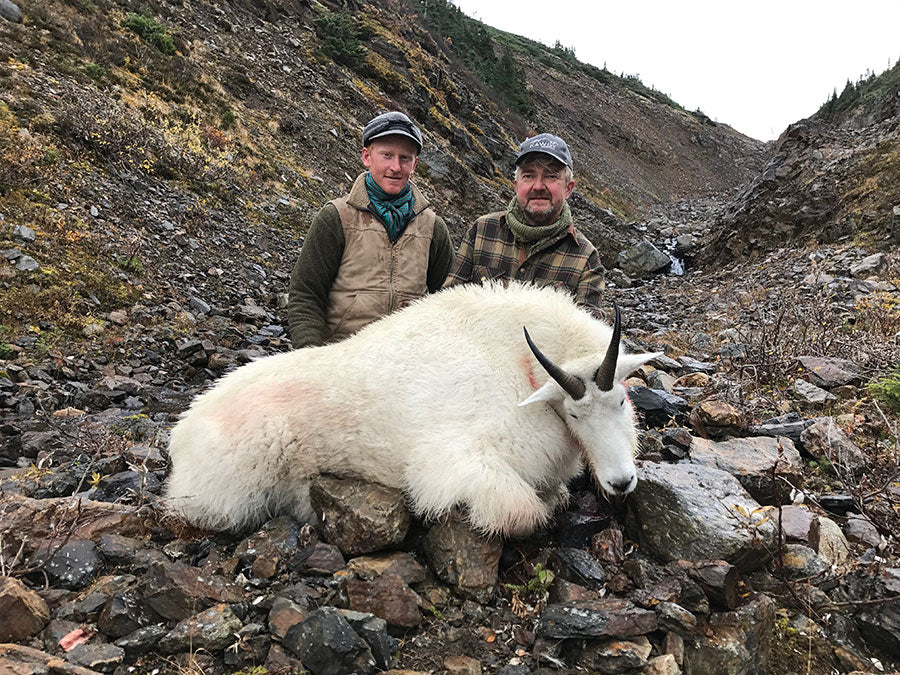The thrill of hunting lies not only in the pursuit of game but also in the preparation that leads up to it. Successful hunting requires more than just a keen eye and steady aim; it demands meticulous planning and preparation. In this blog, we'll explore essential steps for effective hunting prep, from physical conditioning to evaluating your gear.

1. Physical Conditioning: Ready, Set, Strengthen
Hunting often involves traversing uneven terrain and enduring long hours outdoors. Being physically fit can significantly enhance your experience and success in the field. Consider these aspects:
- Cardiovascular Health: Engage in cardiovascular exercises like jogging, hiking, or cycling to improve endurance and stamina.
- Strength Training: Focus on building strength in your core, legs, and upper body. Compound exercises like squats and deadlifts can be especially beneficial.
- Flexibility and Balance: Incorporate activities like yoga or stretching routines to improve flexibility and balance, crucial for navigating rugged terrain.
2. Obtaining the Necessary Licenses and Permits: The Legal Framework
Hunting is regulated to ensure wildlife conservation and safety. Before embarking on your hunting adventure, make sure to:
- Research Regulations: Familiarize yourself with the hunting regulations specific to your location, including bag limits, hunting seasons, and permitted game species.
- Acquire Licenses and Permits: Obtain the required hunting licenses and permits well in advance. This not only ensures legality but also contributes to wildlife conservation efforts.
3. Practice Shooting Skills: Hitting the Mark
Accurate shooting is a cornerstone of successful hunting. Regular practice enhances your skills and improves your ability to make humane and ethical kills:
- Range Time: Spend time at a shooting range practicing with your hunting firearm or bow. Focus on consistent aiming, breath control, and trigger squeeze.
- Realistic Scenarios: Practice shooting from different positions, simulating situations you might encounter while hunting.
- Ethical Shot Placement: Learn about the anatomy of your target species to ensure quick and humane kills.
4. Evaluate Your Gear: The Tools of the Trade
Your hunting gear can make a significant difference in your overall experience and success. Conduct a thorough assessment:
- Weapons: Inspect your firearms, ammunition, and archery equipment for any signs of wear or damage. Ensure they are properly sighted in for accuracy.
- Clothing and Footwear: Select appropriate camouflage clothing that suits the terrain and weather conditions. Invest in comfortable, supportive footwear designed for long walks.
- Optics: Check binoculars, scopes, and rangefinders for clarity and accuracy. These tools are essential for spotting and identifying game from a distance.
- Field Gear: Pack essentials like a hunting knife, survival kit, first aid supplies, and communication devices.
Conclusion
Hunting prep is an integral part of the hunting experience, enhancing your chances of success and safety in the field. From physical conditioning to evaluating your gear, each step contributes to a holistic approach that allows you to fully immerse yourself in the hunt. Remember that preparation extends beyond the material aspects; it also involves cultivating respect for nature, wildlife, and ethical hunting practices. So, as you embark on your hunting journey, ensure you're not just ready physically, but also mentally and morally, for a fulfilling and responsible adventure.


